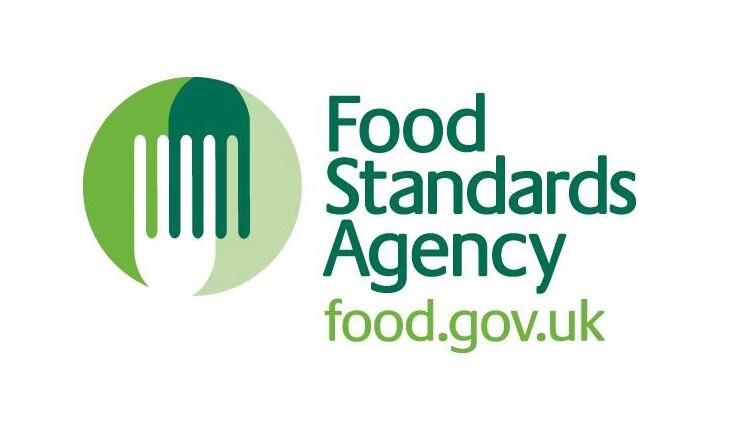Its survey - Food and You 2 Wave 5 - showed that the most common changes people have made to their eating habits include eating out less and eating fewer takeaways; cooking and eating at home more; buying items on special offer more; and changing what and where they buy to cheaper alternatives.
The main causes of reported changes in eating habits were financial reasons (69%), health reasons (47%), and because of COVID-19 and lockdown (41%).
Food prices
The research also revealed that food prices were the top concern for people (66%), with food waste (60%) and the amount of sugar in food (59%) also featuring in the top three prompted concerns.
Latest figures from this survey indicated that 20% of households across England, Wales and Northern Ireland are now food insecure, meaning they have limited or uncertain access to adequate food. This is the highest reported level of food insecurity since tracking began in 2020.
However, around three quarters of respondents (74%) reported that they had confidence in the food supply chain.
Eating habits
Emily Miles, chief executive at the FSA, said: “Food and You 2 provides FSA and the rest of Government with robust data on what people think and do when it comes to food. We are seeing high levels of concern about food prices, as well as people making changes to their eating habits for financial reasons.”
She added: “The experiences people are reporting to us are critically relevant to the FSA's work as a regulator, and to our mission to make sure people have food they can trust. The FSA will continue to play our part in protecting health and consumers’ wider interests in relation to food.”
Fieldwork for Food and You 2 Wave 5 was conducted between 26 April and 24 July 2022. A total of 6,770 adults from 4,727 households across England, Wales, and Northern Ireland took part.




